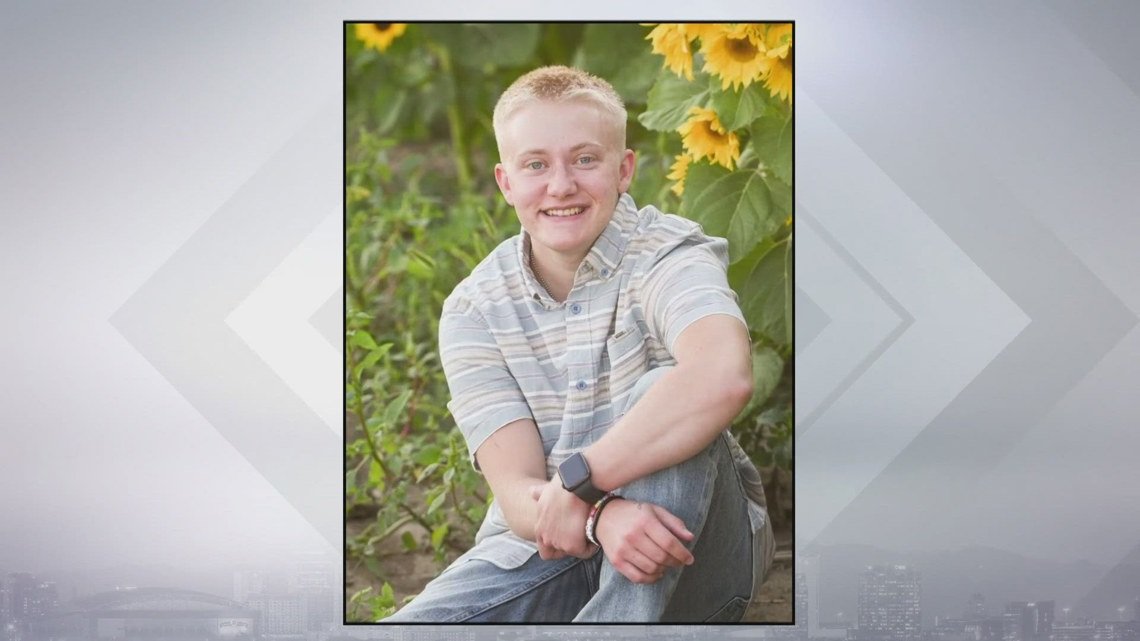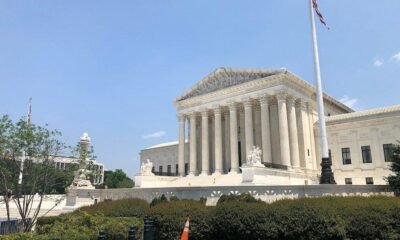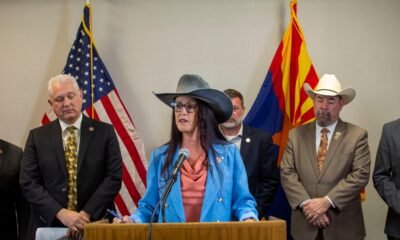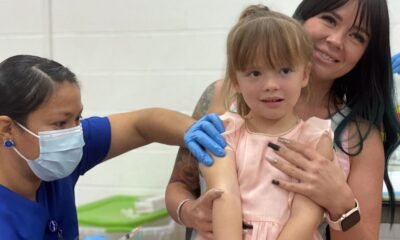Business
Mother Shares Son’s Battle Amid Landmark Transgender Health Care Ruling

PHOENIX — Aiden Kelly, formerly known as Emma, faced severe challenges throughout his transition. His mother, Annalee Kelly, shared her son’s journey marked by gender dysphoria.
“He came out to us as transgender and then everything fell apart,” she recounted. Observing Aiden struggle was agonizing. “He would often curl into a fetal position, pulling at his hair and clawing at his chest,” she recalled.
On June 18, the U.S. Supreme Court upheld state bans on gender-affirming healthcare for minors, a decision that alarms many, including Annalee. She believes such care was pivotal in steering Aiden towards life.
“Had this ban existed then, I would either have a dead son or a dead daughter,” she said. Aiden, now 23, dealt with overwhelming suicidal thoughts during his teen years.
The Supreme Court’s ruling followed a February executive order by President Donald Trump, which prohibited federal funding for transgender medical treatment for minors. Trump aimed to fulfill a campaign promise, stating, “No serious country should be telling its children they were born with the wrong gender.”
The aftermath was swift. Phoenix Children’s Hospital suspended gender-affirming care indefinitely, with Planned Parenthood of Arizona halting services shortly afterward.
Michael Soto, CEO of Equality Arizona, criticized the broader implications. “What message does this send to transgender youth? It says they matter less than their peers,” he asserted.
Soto emphasized that the combined actions of the Supreme Court ruling, Trump’s order, and existing Arizona laws have effectively stripped away healthcare options for transgender youth. “What remains are only mental health services,” he noted.
These developments deeply affect families like the Kellys. Annalee, raised in a conservative environment, initially held misconceptions about transgender identities. “I thought being transgender or gay was a choice,” she admitted, and was initially opposed to transition therapy.
Realization came through a message from her clergy: “I would rather have a transgender son than a dead daughter.” This pivotal moment reshaped her understanding. “Seeing Aiden spiral down, I recognized the urgency of supporting his transition,” she emphasized.
Annalee’s plea to policymakers is clear: “Please open your mind and your heart to stories like ours.” Her hope is for increased empathy and understanding towards transgender youth.


















